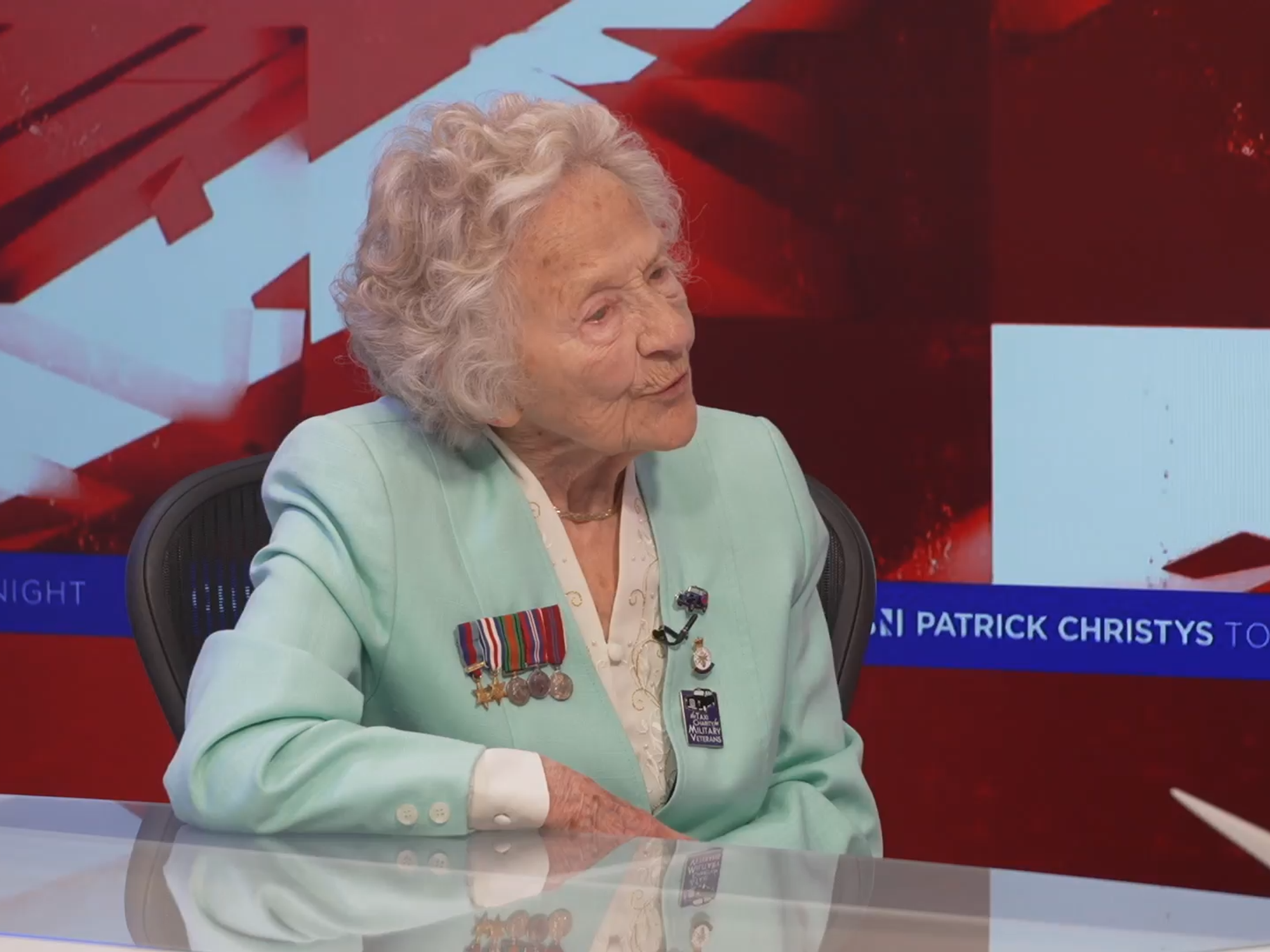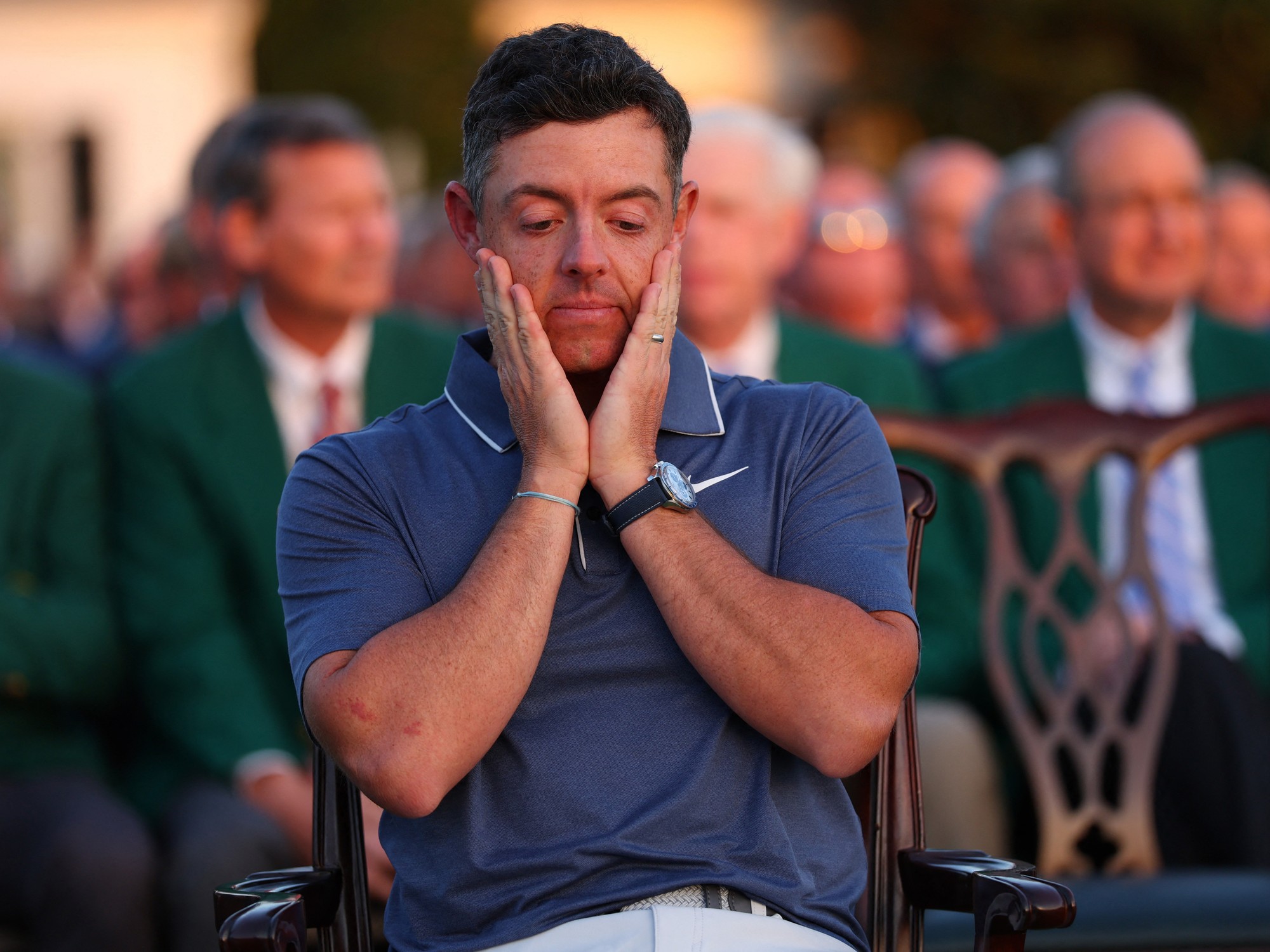Director of public prosecutions Max Hill said, 'you may be able to move away from prosecution – for example, where there is evidence of a settled intention on the part of the victim that their life should come to an end, and that what happens is at the time of their choosing'
Don't Miss
Most Read
Trending on GB News
Fewer mercy killing cases could be brought to court under proposed changes to guidance for prosecutors.
The Crown Prosecution Service will launch a consultation on draft guidance, which sets out which factors lawyers should consider when deciding whether to bring charges, on Friday.
The current advice says that, where there is enough evidence, “a prosecution is almost certainly required, even in cases such as the ‘mercy killing’ of a sick relative”.
This could change to a preamble that acknowledges the “utmost seriousness” in prosecuting homicides but goes on to say “it has never been the rule that a prosecution will automatically follow” even where there is enough evidence to bring charges.
The draft guidance then sets out detailed considerations in cases of encouraging or assisting suicides, or mercy killings.
Director of public prosecutions Max Hill told the PA news agency: “If you look at the current guidance, it says that where there is sufficient evidence, it’s almost certain that a prosecution will be required in one of these cases even where it is the mercy killing of a sick relative.
“Now what we’re saying under the new guidance is that a prosecution may be required, but there are circumstances where actually, even where you have the evidence, you may be able to move away from prosecution – for example, where there is evidence of a settled intention on the part of the victim that their life should come to an end, and that what happens is at the time of their choosing.
“Looked at the other way, if there’s no evidence of that and a life is taken, which is not at the time of the victim’s choosing, then this will remain an offence of murder and can be charged as murder.”
Mr Hill added: “It means that in some cases charges will be brought, but in others we will be able to avoid placing a loving husband or a loving wife in court to face criminal charges.”
Mavis Eccleston was 80 years old when she was cleared of murder in 2019 after she survived a pact to take her life and the life of her terminally ill husband Dennis.
Her daughter Joy Munns, 56, who wants assisted dying legal, said: “Dad wanted a proper choice, to die on his own terms with his family around him. But he knew he couldn’t have that, and so had to turn to Mom for help.
“For months she tried to dissuade him, but Dad was dying in agony of bowel cancer and on the night he died he was howling like a wounded animal.
“Mom felt she had no choice.
“The law put her in an impossible position.
“It must be properly reformed so that people like Dad can have the choice that so many dying people want.”
Sarah Wootton, chief executive of Dignity in Dying campaign group, believes the laws “urgently require proper reform”.
She said: “This proposed new guidance recognises that mercy killing and suicide pacts are different from murder and manslaughter, and that they should be treated differently by our criminal justice system.”
In contrast Dr Gordon Macdonald, chief executive of Care Not Killing, said: “At a time when elder abuse, and other crimes against vulnerable people are on the rise, most people will not understand why the CPS want to launch a review specifically designed to weaken the laws that protect them.”
He added: “The current law protects the terminally ill, vulnerable and disabled people from feeling pressure, real or perceived, to end their lives exactly as we see in the handful of places that have legalised assisted suicide or euthanasia.”
Under the draft guidance, prosecution would be less likely in cases of suicide pacts or mercy killings where there is evidence the victim had made an informed and voluntary decision to die and were too unwell to commit the act themselves.
Cases where the suspect was motivated only by compassion, where they tried to take their own life at the same time, and where they fully cooperated with the police would also be less likely to result in prosecution.
However, factors making it more likely that someone would be prosecuted are where the victim was under 18, did not have the mental capacity to decide to end their own life, or had not reached a clear decision to do so.
They also include where the suspect stood to gain financially or pressured the victim, where there was a history of violence or abuse, where the suspect was unknown to the victim, or where they caused prolonged suffering.
Prosecution would also be more likely where the suspect was acting in their capacity as a medical professional, a professional carer, or someone in authority such as a prison officer and the victim was in their care.
The consultation launches on Friday and is due to conclude in April.








